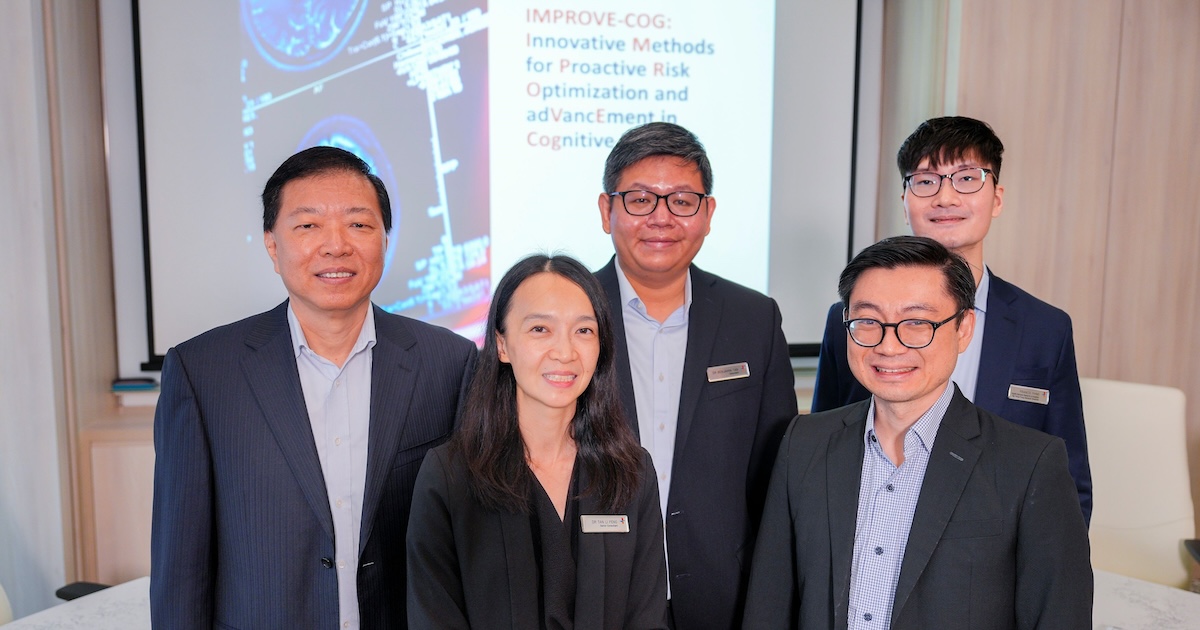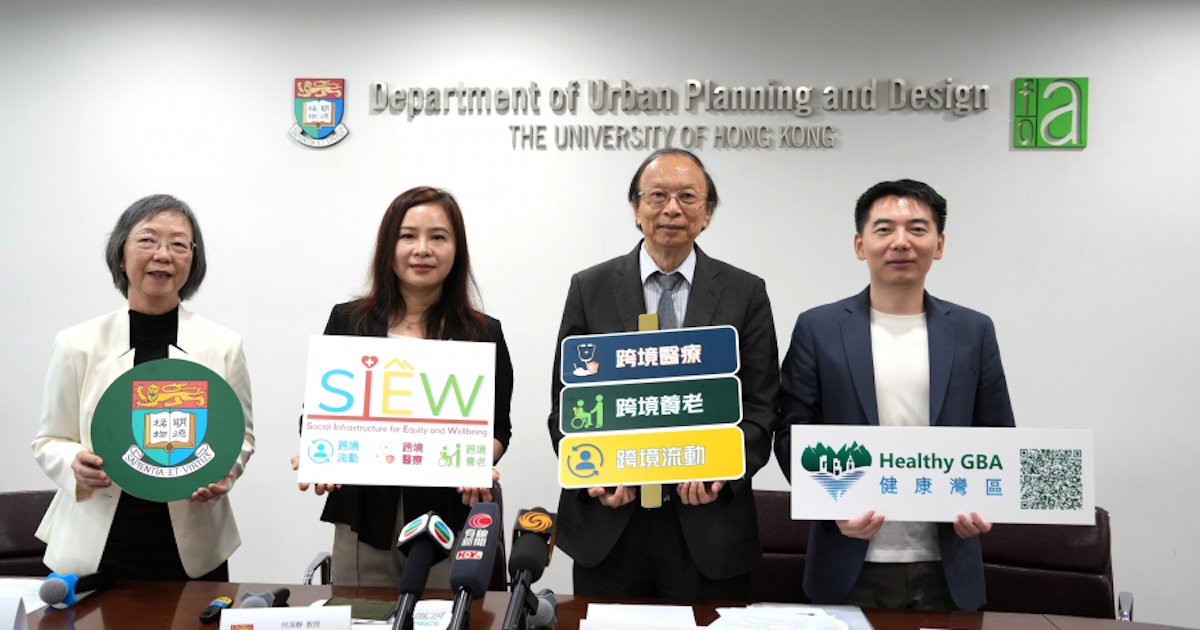
47 big hospitals connect to Korea's national EMR
South Koreans can soon access their medical records from big hospitals via the mobile Health Information Highway (My Healthway) application.
This month, the Ministry of Health and Welfare is set to complete the linking of all 47 tertiary general hospitals in the country to My Healthway.
The mobile app allows Koreans to view their diagnoses, imaging and pathology results, medications, allergies, and surgical records, as well as manage health checkup results and their children’s immunisation schedules. It also provides live information on nearby 24-hour hospitals and pharmacies.
By the end of August, the government expects to have connected 1,264 healthcare settings, including general hospitals and clinics, to the national health record system.
Korea launches $16M multimodal medical AI project
The South Korean government has started a new 22 billion won ($16 million) medical AI research project developing multimodal models.
The project aims to integrate imaging, documents, and voice data across institutions through secure joint learning to create a domestic medical large language model tailored to Korea’s health system.
It involves 14 partners, including Coreline Soft, Naver Cloud, Public-AI, and Emocog, eight hospitals such as Seoul National University Hospital and Bundang Cha Hospital, and universities including Korea Advanced Institute of Science & Technology and Ulsan.
Early this year, Seoul National University Hospital introduced what could be Korea's first medical LLM.
Meanwhile, the Ministry of Health and Welfare has launched a task force to design a roadmap for applying AI in welfare and care services, which is expected to be released next year.
NUS, SGH adopt Korean brain imaging AI
South Korean medical imaging AI company Neurophet will supply its brain imaging AI software to the National University of Singapore (NUS) and Singapore General Hospital (SGH) to assist with brain disease research.
Its software combines PET and MRI data to automatically quantify biomarkers, generating standardised uptake value ratios for tracers such as FDG, dopamine, amyloid beta, and tau proteins linked to Alzheimer’s disease.
Along with the product supply, the two institutions also agreed to let Neurophet use their PET and MRI data to validate and support the commercialisation of its technology.
The supply deal with NUS and SGH, according to Neurophet co-CEO Jake Junkil Been, will help accelerate their expansion into Southeast Asia.

